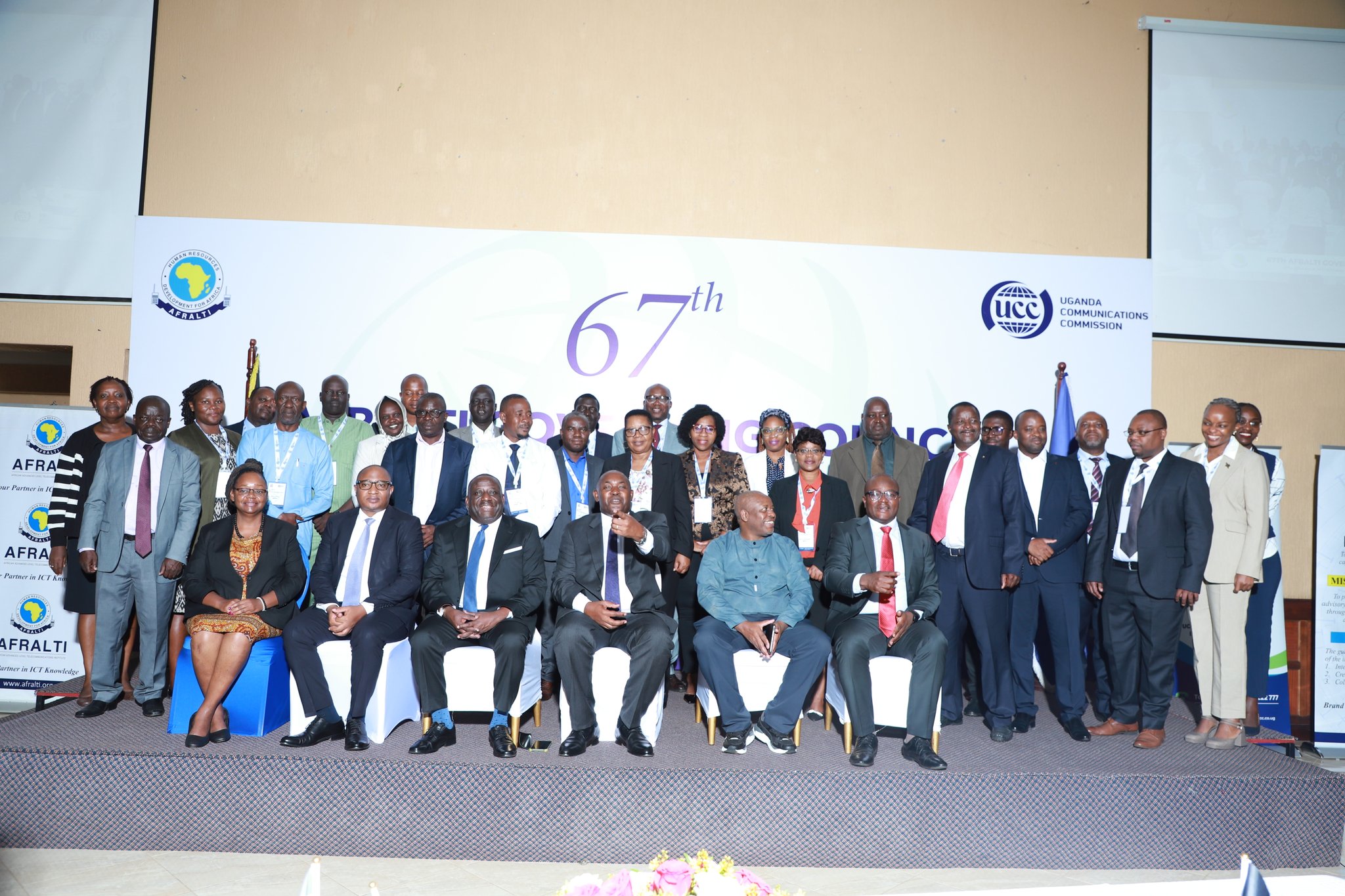UCC's digital literacy campaign heads to Eastern Uganda
If there is anything COVID-19 has taught us, it is the growing importance of being able to conduct business at arm’s length, as opposed to the physical contact we are used to.
This is particularly critical for the informal sector, which dominates business in Uganda, but is also the least likely to embrace digitisation due to a dearth in requisite skills, among other bottlenecks.
Keep Reading
Long before COVID-19 disrupted the way people live and do business, the Uganda Communications Commission (UCC) had identified a gap in the informal business sector that stands in their way of embracing the digital economy.
In a bid to address this gap, a digital literacy campaign targeting informal business actors in their workspaces was conducted in February this year. It had covered parts of Western and Northern Uganda just before the onset of COVID-19 lockdown at the end of March.
On Monday, 3rd August 2020, the digital literacy campaign resumed, with outreach teams heading out to Eastern and North-Eastern Uganda.
Flagging off the teams at Ntinda in Kampala, the Director Rural Communications Development Fund (RCDF) Nyombi Thembo pointed out that the COVID-19 pandemic has made digital literacy more critical for the informal sector today than it was yesterday.
The digital skills enhancement exercises are to be carried out in open-air markets in the towns of Busia, Tororo, Mbale, Kumi, Kaabong, Kotido, Moroto, Abim and Nakapiripirit.
UCC through RCDF, Thembo said, is committed to its three-year goal of equipping over 1 million informal sector people with the digital literacy skills they need to boost their business and improve their daily lives.
UCC is mandated by Section 5(1)(S) of the Uganda Communications Act 2013 to promote universal access to communication services and to improve access to ICT services in Uganda.
In line with this mandate, RCDF has prioritised extending digital literacy skills to various informal sector groups in rural areas across the country.
According to the Uganda Bureau of Statistics (UBOS), the informal economy contributed 50% of Uganda’s GDP in 2014.
Up to 80% of the labour force worked in this informal economy, and most of this population was essentially ‘underemployed’, with most of the workers not earning enough to escape poverty.
The informal economy in Uganda is characterised by jobs and business activities that are often not registered. These include market vendors, fishermen, subsistence farmers, mechanics and boda boda cyclists, among others.
Explaining the campaign, Thembo said: “We are extending digital literacy to omuntu wa bulijjo (ordinary person); people that find it hard to leave the confines of their workplaces to gazetted ICT capacity building centres, and also popularising public access community centres to enhance utilisation.”
In targeting these informal groups, RCDF aims to position ICTs as a vehicle for business transformation in small to medium enterprises. Higher uptake of digital solutions in the informal economy would boost profitability, create jobs and stimulate economic growth and development.
The outreach teams were cautioned to ensure compliance with the Government’s COVID-19 guidelines for their own protection, as well as that of their audiences.



















